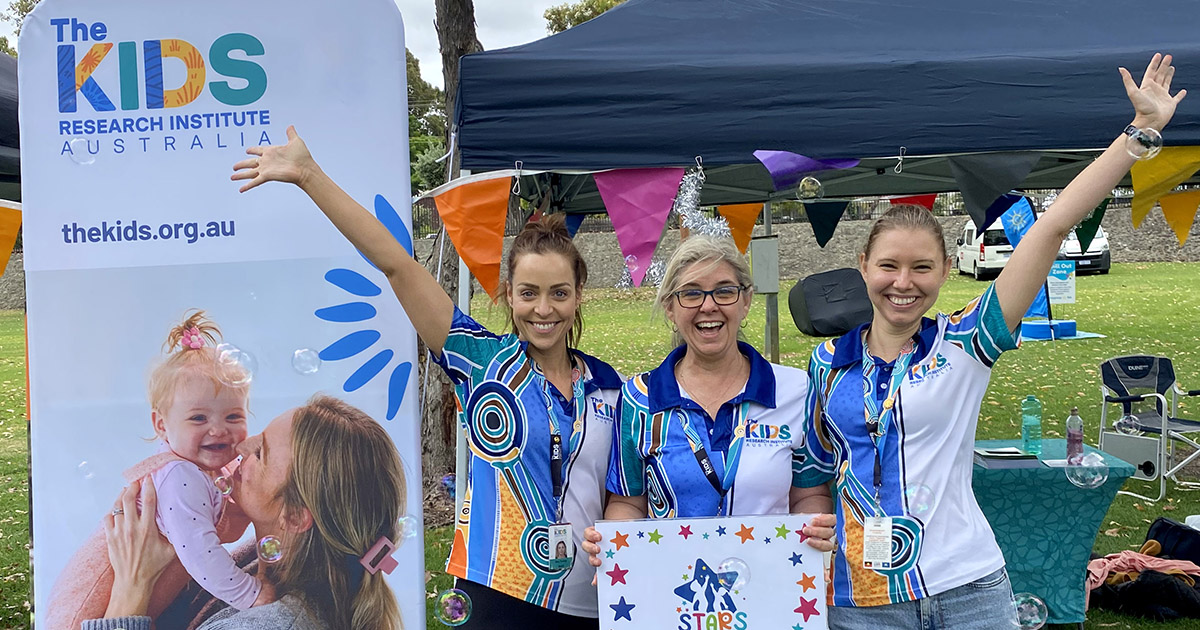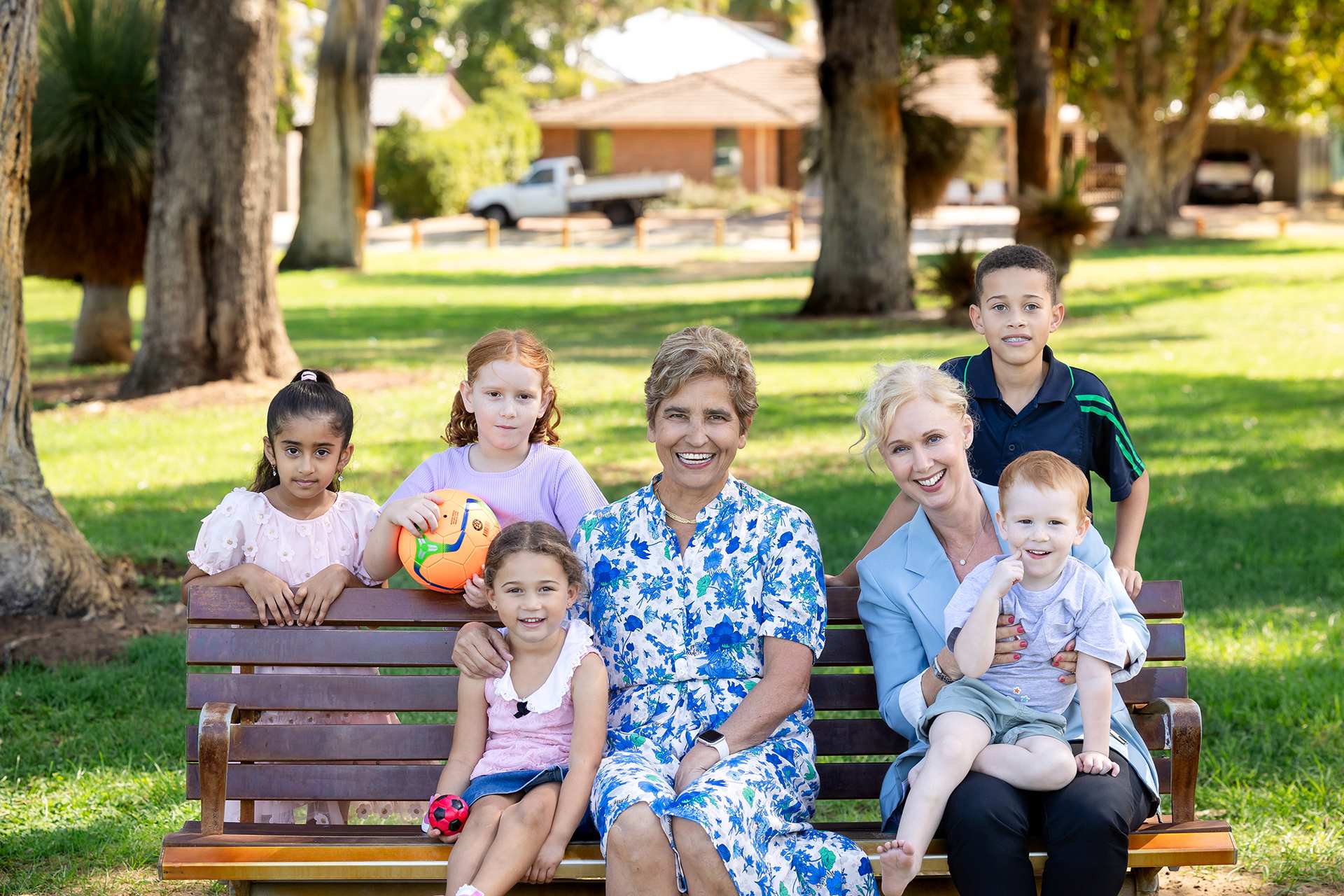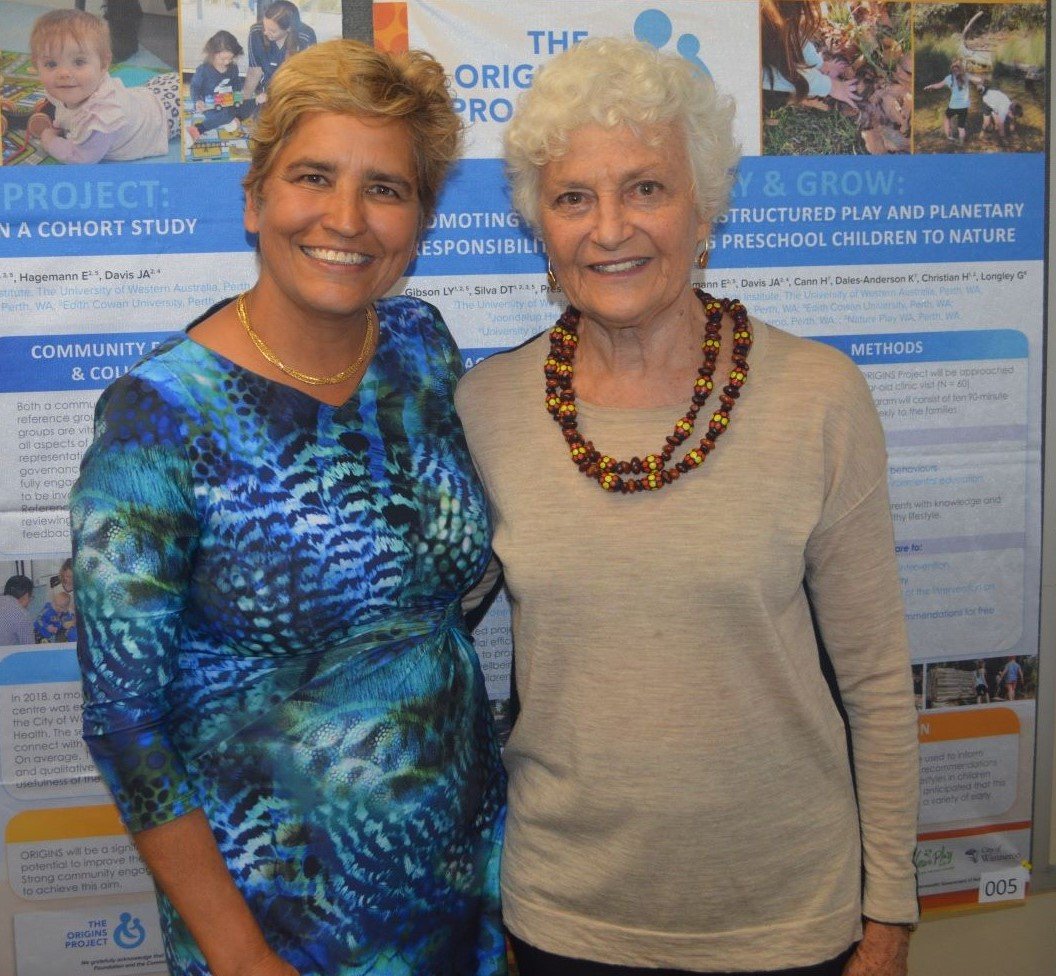Search

Research data from more than one million Australian and Welsh children will be examined to help better understand how the built environment affects child health and obesity, as part of an international research project to be co-led by The Kids Research Institute Australia.

The rapidly developing coronavirus crisis is affecting our daily lives in unprecedented ways and brings with it uncertainty and fear.

ORIGINS, a collaboration between The Kids and the Joondalup Health Campus, has achieved a major milestone – recruiting its 1000th family.

STARS for Kids, a sub-project of ORIGINS, received a three-year grant to advance the development of a scalable, online, tiered model of care to better support disadvantaged communities, where 20-25 per cent of children are entering school developmentally vulnerable.

The ultimate goal of ORIGINS is to reduce the rising epidemic of non-communicable diseases through 'a healthy start to life'.
Get in touch with ORIGINS via email, phone or find us at one of our two locations

Our vision: lifelong flourishing for children and their families

ORIGINS is a community resource that invites collaborative sub-projects and initiatives.
Accessing the ORIGINS cohort, database or biological samples involves a process of review and approval.
Information about Sub-Project Implementation Process
